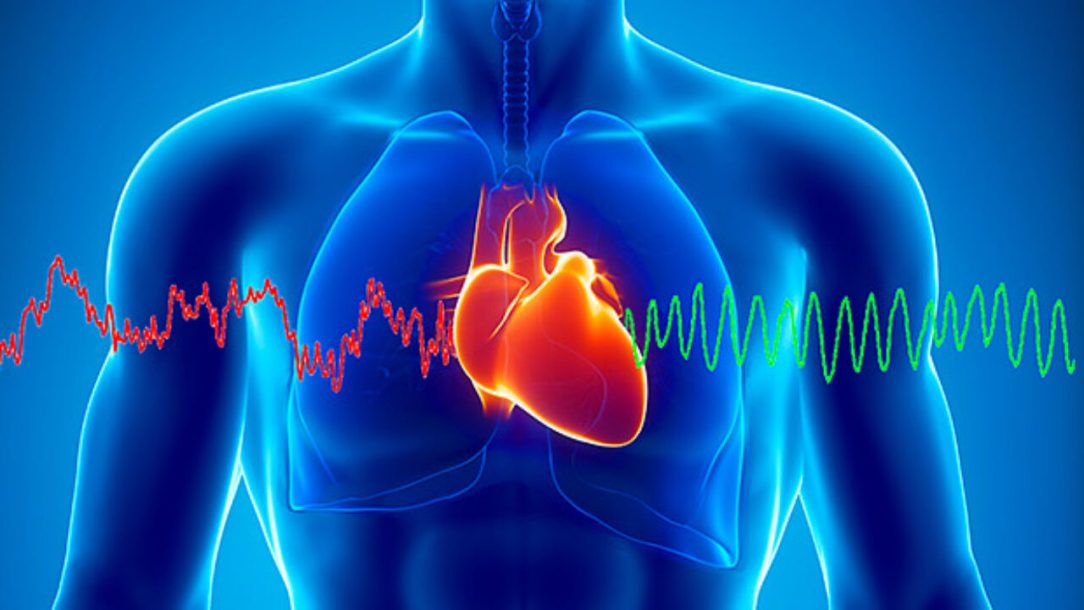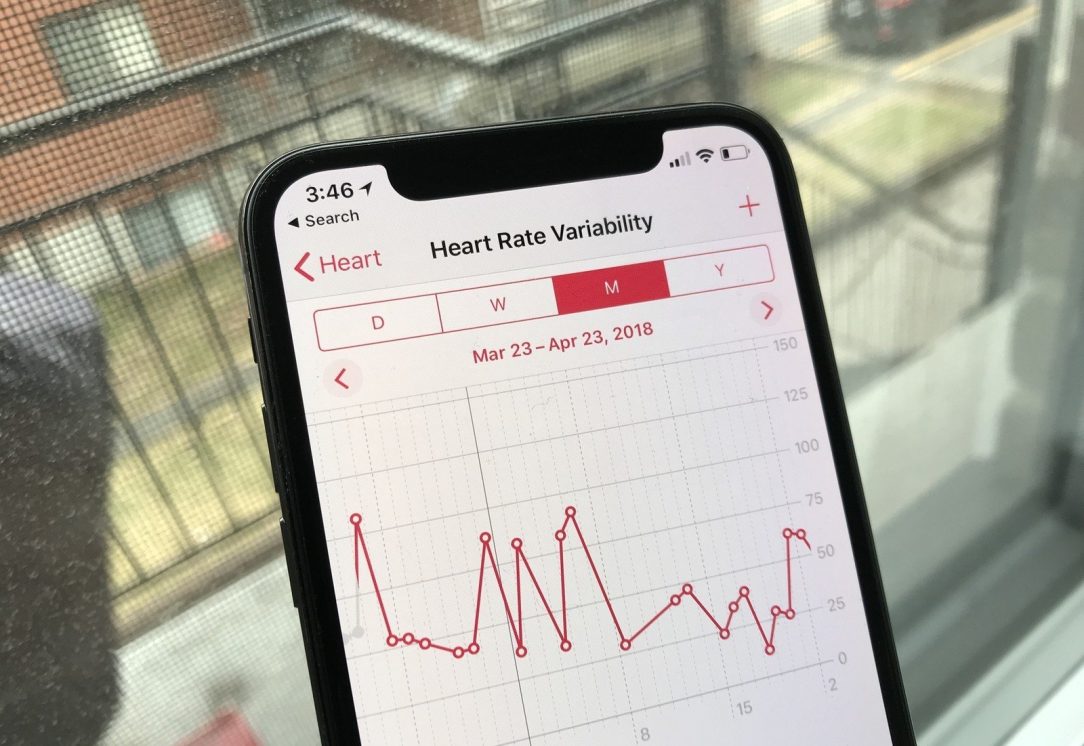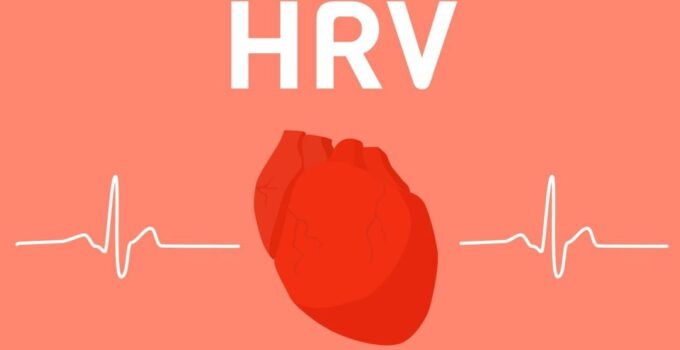HRV is the acronym for heart rate variability, a term that is often heard by many nowadays. You must be thinking, what it is, why people are referring to the condition more these days, and what can be done to stay protected?
It is considered as one of the best ways to measure the physical strength of a person, that further helps to determine the readiness of one’s body to perform in a certain situation.
What use does it serve?

Source: t-nation.com
HRV is nothing more than just the difference in time frames between every beat of your heart. That said, if the rate of your heart beat is 60 per second, you know that it is not beating every second.
It is more of a psychological phenomenon that is related to the time frame between each heartbeat and is usually in ms. When a heart is healthy and normal, it doesn’t beat consecutively just like that of a metronome. Instead, if you look at the heart rate and the time gap between each beat, you will know that there is variation between two beats.
Generally, people don’t know about this variation, since it is not the same as heart rate that increases or decreases as we carry out our daily chores. If you want to sense the variability of your heart beat, you can choose to put your hand on the wrist and take a few deep breaths. You will experience that the frequency gets longer when you exhale and vice versa. Besides respiration, several other activities influence HRV, that include, metabolic processes, stress, etc.
Why is HRV important?

Source: firstbeat.com
When a heart is healthy and beating normal, the variability in heart rate increases when a person is relaxing. Such activities include meditation or sleeping. On the contrary, the variability in heartbeat decreases when a person is stressed. This means that the heart starts beating faster to cope up with the performance of your body. This is a situation when the activities of a person require the heart to keep up with the demands of the body. For example, Welltory is an app that helps you track your HRV. You can easily download it from the app store.
That said, when the heart is beating slowly, the variation is less and vice versa. The variability of heart rate keeps changing naturally from one day to another and there is nothing to worry about. It all depends on the work that you need to get done during the day and also the level of stress you go through.
However, if a person is overloaded with work or is going through acute stress, the interplay between the systems of their body gets disturbed, and the body goes through a fighting stage.
The genetic factors of a human are responsible for almost 30% of the entire variability level of heart rate. However, if you want to improve the variability, you can do so by enhancing your lifestyle and health. Furthermore, with the help of stress management and recovery skills, HRV can be enhanced.
A person with higher HRV is considered as healthy and high HRV is also believed to reduce mortality and morbidity levels in humans. This further improves the quality of life and makes sure that the heart of a person stays healthy. As mentioned above, there are several apps that help people know what their variability in heart rate is, and some apps provide tips to improve the same.
It Signals Any Imbalances In The Autonomic Nervous System

Source: pexels.com
HRV may be considered as a non-invasive technique that is used to detect autonomic nerve system abnormalities. According to data collected from a large number of people, the fluctuation between succeeding heartbeats is smaller when the system is in a fight-or-flight mode. On the other hand, the fluctuation between beats may be greater if the system is more relaxed.
This generates some intriguing possibilities. Individuals with a high HRV may have better cardiovascular fitness and be more robust to stress. This rate also tells you about how your body is performing and whether or not you need to incorporate any changes in your lifestyle. As you include more mindfulness, meditation,, and especially physical exercise into your life, you may see a rapid increase in the rate. This might be a means to measure how your nervous system reacts not just to the surroundings, but also to your moods, thoughts, and sentiments for individuals who enjoy statistics and numbers.
Reasons To Keep A Track Of This

Source: imore.com
1. It Helps Detect Stress Levels:
People who suffer from acute stress have low HRV and when people have a high level of HRV they usually have a normal heart and healthy lifestyle. Furthermore they suffer from less stress. Checking HRV regularly will help you have a better understanding of how to manage stress to stay healthy.
2. It Helps Detect Your Reaction To The Emotions and The Environment:
The nervous system of a human body helps people know how they react with the environment, the emotions that they go through, and also helps track HRV.
3. Helps Increase Awareness Of Healthy Lifestyle:
By checking your HRV frequently, you will know if you are living a healthy life and if you follow a healthy lifestyle or not. This will let you know the things that are unhealthy for your heart and serves as a great tool that helps motivate behavioural changes in people for good.
Conclusion
There are concerns regarding the accuracy, dependability, and general use of monitoring the HRV rate in individuals. While this rate has been linked to general physical health, the relationship between variations in HRV and how your neurotransmission functions will require much more investigation before experts can arrive at any conclusion. Still, if you decide to employ it as an additional piece of health data, make sure not to get over excited if you have a high rate or overly concerned if you have a low rate. Consider it to be another tool to get into how your mind as well as your body are adapting to your everyday events.




